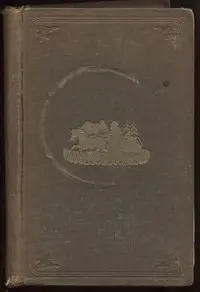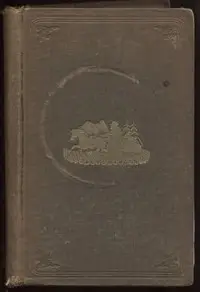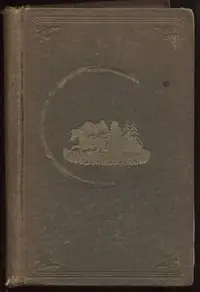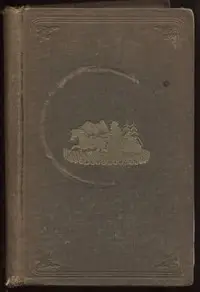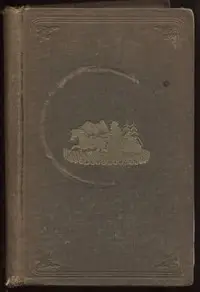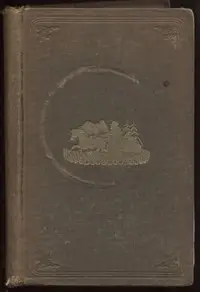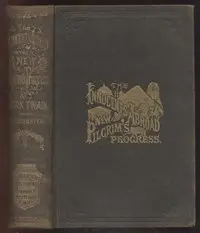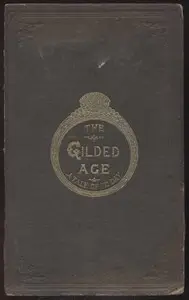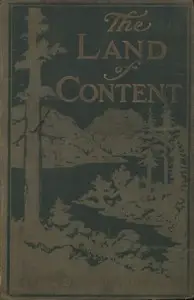** "Roughing It" by Mark Twain is a comedic account of a trip to the American West during the 1800s. The story follows Twain's experiences as he ventures into the frontier, driven by a desire for adventure after becoming jealous of his brother's new job, and explores themes of friendship, the thrill of discovery, and the sharp differences between city living and life in the untamed wilderness. Twain's journey transforms him through humorous trials and unexpected events as he leaves behind familiarity to see buffaloes, discover gold, and encounter Native Americans; at first expecting a short trip, he ends up spending several years exploring, switching from boats to stagecoaches filled with unusual people and chaotic situations, with the initial envy setting the stage for a lively story to come. **
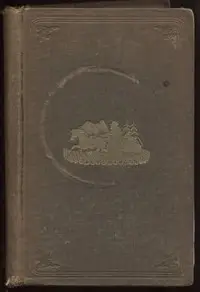
Roughing It
By Mark Twain
** Driven by a desire for adventure and a touch of envy, a man embarks on an unforgettable journey into the wild American West, encountering quirky characters and outrageous situations along the way.
Summary
About the AuthorSamuel Langhorne Clemens, known by the pen name Mark Twain, was an American writer, humorist, and essayist. He was praised as the "greatest humorist the United States has produced," with William Faulkner calling him "the father of American literature." Twain's novels include The Adventures of Tom Sawyer (1876) and its sequel, Adventures of Huckleberry Finn (1884), with the latter often called the "Great American Novel." He also wrote A Connecticut Yankee in King Arthur's Court (1889) and Pudd'nhead Wilson (1894) and cowrote The Gilded Age: A Tale of Today (1873) with Charles Dudley Warner.
Samuel Langhorne Clemens, known by the pen name Mark Twain, was an American writer, humorist, and essayist. He was praised as the "greatest humorist the United States has produced," with William Faulkner calling him "the father of American literature." Twain's novels include The Adventures of Tom Sawyer (1876) and its sequel, Adventures of Huckleberry Finn (1884), with the latter often called the "Great American Novel." He also wrote A Connecticut Yankee in King Arthur's Court (1889) and Pudd'nhead Wilson (1894) and cowrote The Gilded Age: A Tale of Today (1873) with Charles Dudley Warner.

